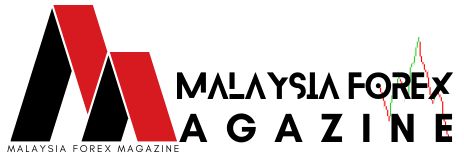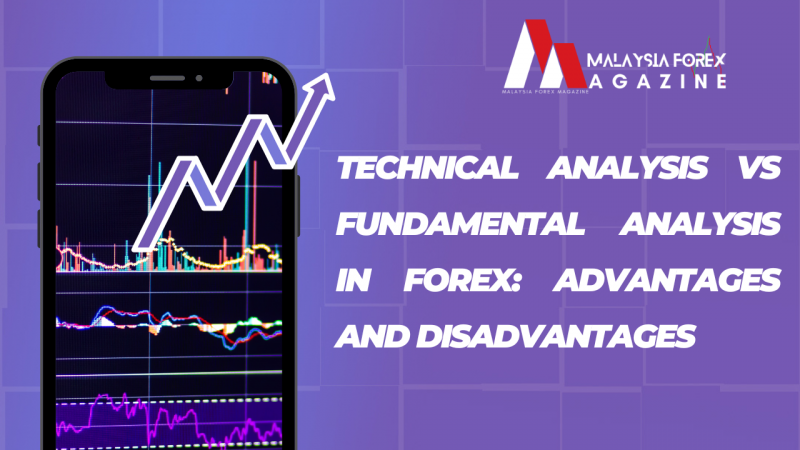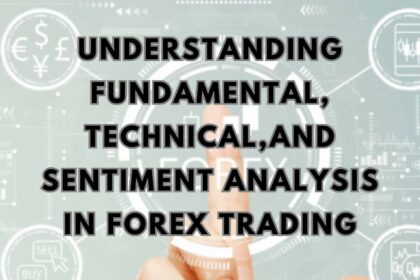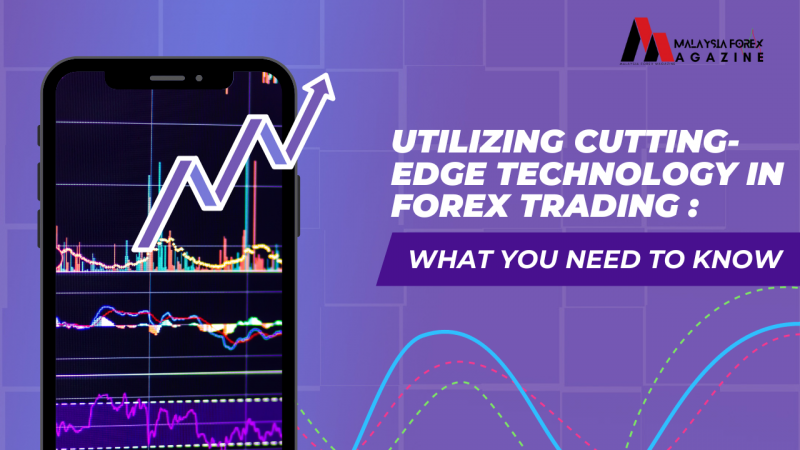Technical analysis and fundamental analysis are two primary methods used by traders and investors to analyze the forex (foreign exchange) market. Each approach has its own set of advantages and disadvantages.
Technical Analysis:
Advantages:
Objective and Price-Centric:
Technical analysis focuses on historical price and volume data. It is objective and relies on concrete data, making it suitable for short-term traders.
Useful for Timing Entries and Exits:
Technical analysis provides tools and techniques to identify optimal entry and exit points. Traders can use patterns, indicators, and chart formations to make informed decisions.
Well-suited for Short-term Trading:
Technical analysis is often used by day traders and short-term traders, as it can provide insights into short-term price movements and trends.
Applicable to All Markets:
Technical analysis can be applied to any financial market, not just forex. This versatility makes it a valuable tool for traders who trade multiple asset classes.
Disadvantages:
Ignores Fundamental Factors:
Technical analysis largely ignores fundamental factors, such as economic data, interest rates, and geopolitical events. This can be a significant drawback in situations where fundamentals strongly influence the forex market.
Not Suitable for Long-term Investing:
While technical analysis is effective for short-term trading, it may not be as useful for long-term investors who need to consider fundamental trends and macroeconomic factors.
Subjectivity:
The interpretation of chart patterns and technical indicators can vary from trader to trader, leading to subjectivity and potential biases in decision-making.
Fundamental Analysis:
Advantages:
Considers Economic Factors:
Fundamental analysis takes into account a wide range of economic and geopolitical factors, such as interest rates, inflation, political stability, and economic data. This can provide a broader understanding of the market’s long-term trends.
Suitable for Long-term Investing:
Long-term investors often rely on fundamental analysis to make investment decisions. It helps them identify currencies with strong or weak fundamentals for a longer time horizon.
Risk Management:
Understanding fundamental factors can help traders manage risk more effectively by avoiding trades that are likely to be negatively impacted by unforeseen economic events.
Disadvantages:
Subject to Interpretation:
Interpreting fundamental data can be subjective, as analysts may have different views on the significance of specific economic indicators or events.
Time Lag:
Fundamental analysis may not provide immediate trading signals. Economic data releases and changes in fundamental factors often have a time lag, making it less suitable for short-term traders.
Complexity:
Fundamental analysis can be complex and may require a deep understanding of economics, politics, and global events. It also demands constant monitoring of news and data releases.
In practice, many traders use a combination of both technical and fundamental analysis to make informed decisions in the forex market. They may use technical analysis for short-term timing and fundamental analysis to identify long-term trends and assess the overall health of a currency. The choice between these methods ultimately depends on a trader’s style, time horizon, and personal preferences.










